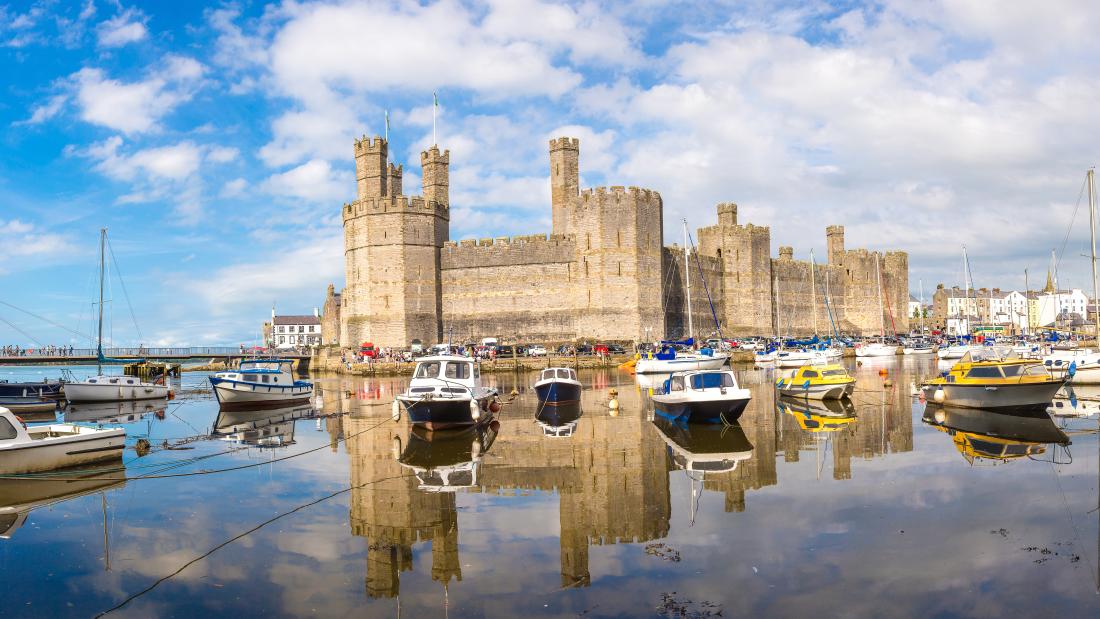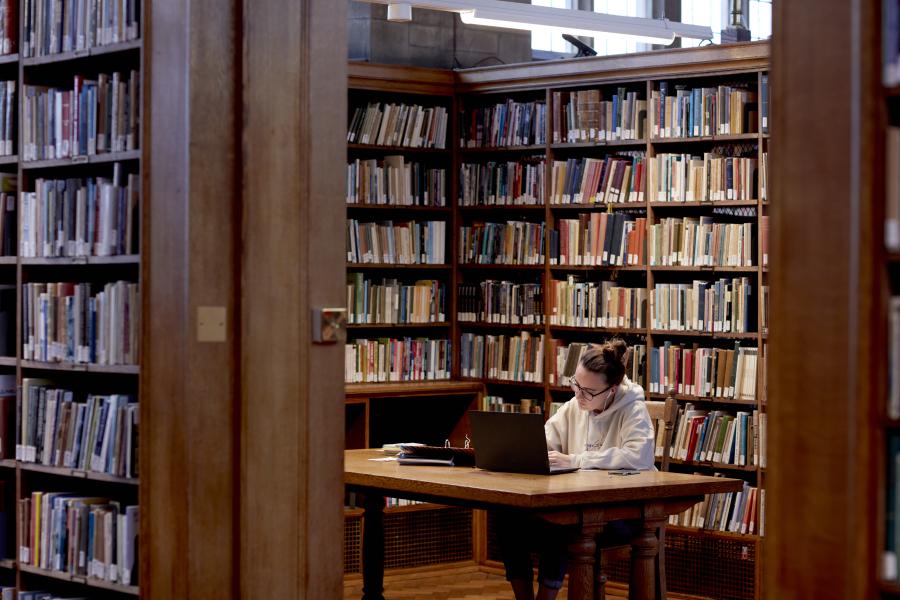About This Course
This Global Heritage MA explores and evaluates national and international measures and mechanisms that seek to manage and protect tangible and intangible heritage. Students gain a critical understanding of World Heritage Sites – the nomination process, management, and forward planning: particular emphasis is placed on sustainable tourism and the need to engage local communities in their heritage. The role of cultural heritage within past and contemporary societies forms a key element of this Global Heritage MA and students are introduced to a range of issues central to current debates on the definition, diversity, and contested nature of heritage on a global and national scale.
Embedded in this Global Heritage MA is a strong training element to enhance career prospects. Workshops are provided on public history (approaches and community engagement; oral history (techniques and ethics); digital heritage sources; writing for the media; and heritage project management – all valuable transferable skills for employment in the heritage sector. The close proximity to Bangor University of two UNESCO World Heritage Sites – the ‘Castles and Town Walls of King Edward in Gwynedd’ and the newly inscribed 'Slate Landscape of Northwest Wales’ is an asset to this programme and provide case study opportunities for students.
Course Content
What will you study on this course?
This Global Heritage MA is taught through a combination of lectures, seminars, workshops, and fieldwork. Students are assessed through a combination of essays, reports, reviews, case studies and a dissertation.
Compulsory modules provide students with a detailed understanding of how heritage works in practice:
- In an increasingly globalized world, World Heritage sites play an important role in showcasing, protecting, and managing cultural heritage. North Wales boasts the impressive World Heritage sites ‘Castles and Town Walls of King Edward in Gwynedd’ and 'The Slate Landscape of Northwest Wales’. This World Heritage module (20 credits) equips students with a critical understanding of World Heritage Sites – the nomination process, management, and forward planning.
- Cultural Heritage (20 credits) introduces students to a range of issues central to current debates on the definition, diversity and contested nature of heritage. Within a global context, it will consider national and international measures and mechanisms that seek to manage and protect tangible and intangible cultural heritage. You will gain a critical understanding of theoretical approaches to cultural heritage and of their practical application in the field.
- Research Skills (40 credits) is an advanced level skills module that aims to: provide training in initiating research projects; familiarise you with critiquing research seminar paper; and, supply them with skills to enhance future employability. Workshops/sessions include: writing for the media; writing papers for policy makers; an introduction to archive management; building a heritage trail; developing oral history/interviewing skills; public history; an introduction to teaching skills; and an introduction to IT and dataset skills.
- Dissertation (60 credits).
You will also have the opportunity to select a further 40 Optional credits from a list of available modules, which may include:
- Our MA Work Placement module provides c.100 hours of ‘hands on’ experience in the heritage field - for example at a heritage site, archaeological unit, museum or other relevant organization.
- Theory and Interpretation in Archaeology provides an intensive graduate-level induction to archaeological theory, research issues and reasoning within a seminar framework based on set readings. It aims to review the recent history of archaeological ideas and to examine key themes in current archaeology from a theoretical and comparative perspective.
- Country House Life examines the rise and fall of the British country house from 1750 to the outbreak of the First World War. Topics explored over the course of the module may include, but will not be limited to: social mobility and the open elite debate; the architecture of the country house; landscaping, gardens and parks; the role of elite women; the country house childhood; servants; estate management; public and political duties; philanthropy and charity; religious and moral values; leisure and recreation; the decline of the country house; the country house in popular culture; heritage, tourism and the country house.
- Global Wales: Places, Passions and the Past - Themes explored on the module may include conceptual approaches to global history and transnationalism; migration; nationhood, colonialism and identity; material culture and the heritage of Global Wales. The classes will be mainly structured according to place, spanning examples from the medieval, early-modern and modern periods.
- Understanding the Middle Ages - The course is designed to introduce students to the breadth of subject areas and methodologies subsumed under the umbrella of medieval studies as broadly understood. Scholars from Bangor will lead thematic sessions on individual aspects (such as archaeology, history, literature, liturgy, music) and advanced skills pivotal to medievalist research (specialised reference sources and databases).
- Nations, States and Empires in the Pre-Modern World. On this module, you will have the opportunity to study how people formed themselves into nations in the pre-industrial age, based around imagined communities, identity, and a sense of shared culture and ideology; how some nations then formed themselves into states, whether the European 'nation state' or a variety of different state-like polities such as federations or chiefdoms.
- Nationalism and Minorities examines key issues and debates concerning nationalism, nations and national identity. The relationships between nationalism, citizenship and minority rights will be considered with reference to empirical examples. Debates and policies concerned with the management of cultural and ethnic diversity by the state will also be considered. The approach is interdisciplinary drawing on sociology, politics, history, geography and anthropology with case study examples provided from a variety of global cases.
Module listings are for guide purposes only and are subject to change. Course content is for guidance purposes only and may be subject to change.
Entry Requirements
A minimum 2.ii undergraduate degree or equivalent in a relevant subject area (e.g. History, Heritage, Archaeology, Literary Studies, Medieval Studies/Literature, English Literature, Social Sciences, American Studies, Law).
Applicants with equivalent qualifications and/or relevant heritage industry experience and applications from working professionals with non-graduate qualifications will be considered on an individual basis. Please contact us for more information.
Careers
Students graduating with a Global Heritage MA are well-placed to embark on careers in tourism, heritage management, curation, community support and administration, and outreach education. More broadly, graduates can enter a wide range of employment which require skills of communication, analysis, and an understanding of human nature. These include teaching, researching, management and administration.



